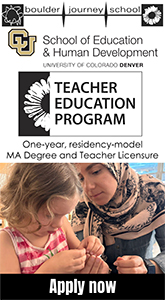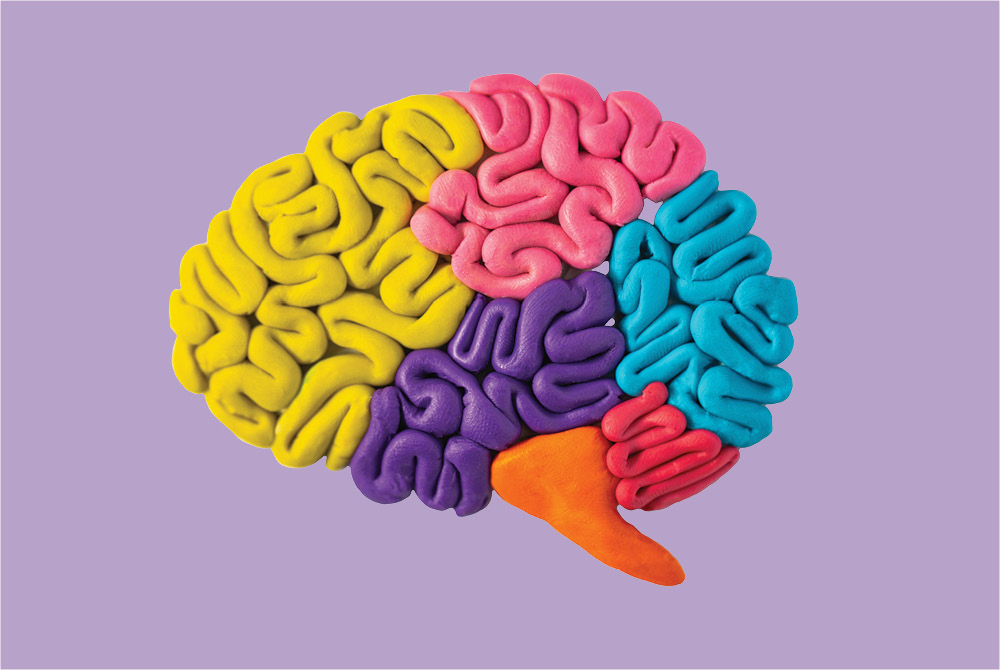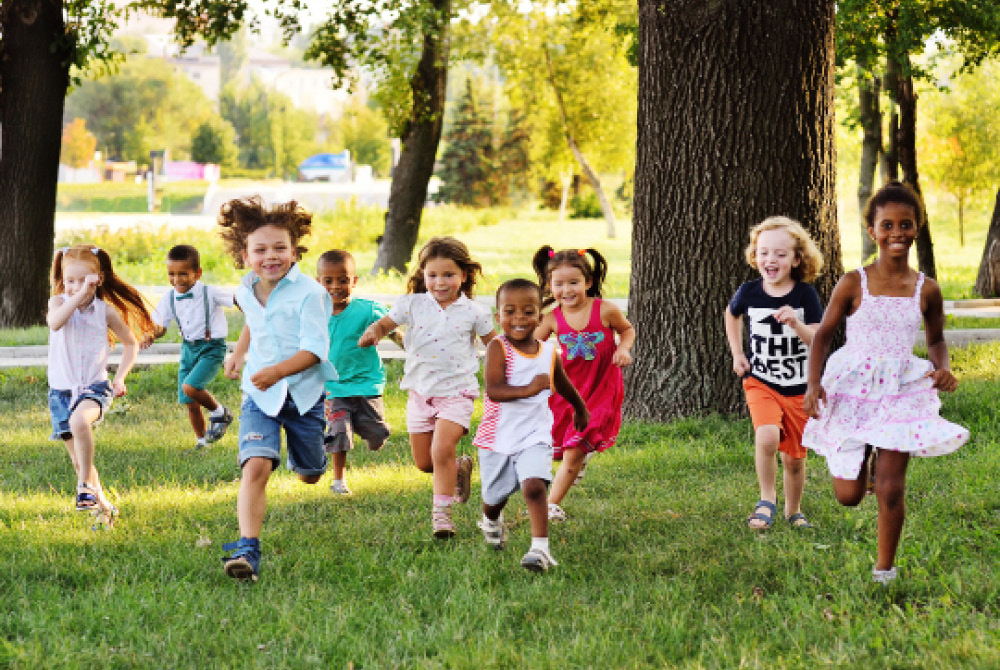February 26, 2024
Looking Back at the Block Corner, 20 Years Later
Life is going to throw you some blocks. You will decide if they are going to be your stumbling blocks or your building blocks
—Saji Ijiyemi, Nigerian Scientist and Author
Twenty years ago today, Dimensions Foundation (the parent organization of Exchange Press) published their research on teachers using visual-spatial strategies to document children’s visual-spatial work. Dana Miller wrote, “The visual-spatial project, focusing on children’s work in the block area, began in the spring of 1998. The goal was to understand how children develop visual-spatial skills, and how teachers can better support that development. Our primary research method was close observation of children working in the block area.”
Borrowing from the field of architecture, Dimensions teachers were trained in visual notetaking by architect Kit Hatch. Miller noted, “In drawing the structures children were building, teachers began to observe children’s work more closely, and notice even the most subtle nuances…We realized quickly that the block area…allows children to develop and practice many different skills simultaneously.”
One teacher shared how a group of children “spent 45 minutes constructing a large, rectangular structure they called a ‘swimming pool,’ complete with a drain for water, hoses for filling the pool, a hot tub, bubble makers and ramps to get into the pool. Thinking ahead, they constructed an area for ‘extra water’ to use when it was time to refill the pool. Near the end of the construction, a child took several blocks and placed them inside the structure to symbolize water. And Piaget says preschool children don’t have the ability to think abstractly yet!”
Key findings included:
- Visual-spatial work allows children to communicate their knowledge of things they are not yet able to verbalize.
- Children convey emotions through visual-spatial work.
- Block building allows children to “practice abstract thinking in a concrete medium,” including making sophisticated “visual analogies.”
- Block building helps children experience and explore classification, measurement, fractions, geometric shapes, scale, force and motion, and social and verbal skills including role playing and narration.
Nature Explore, also part of Dimensions, is offering an online workshop on “Engineering in the Early Years, “ on March 12.
Share with the hashtag #ExchangeEveryDay
Print Friendly
Related
By Jamie Bonczyk, John Everett Till and Trinette Potts












